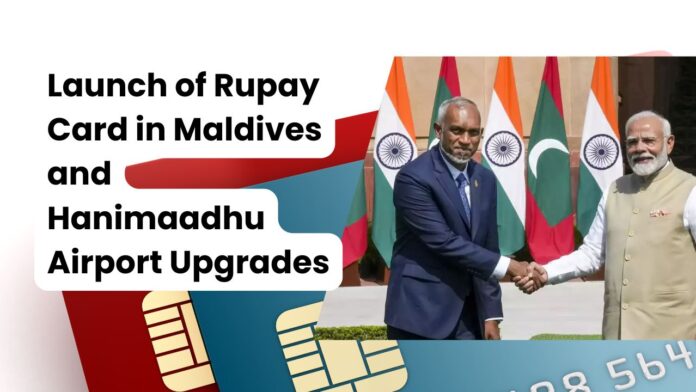New Delhi, India (October 7, 2024): Prime Minister Narendra Modi and Maldives President Mohamed Muizzu held comprehensive discussions on repairing and enhancing the bilateral relationship between India and the Maldives. President Muizzu’s four-day state visit to India marked his first official trip since assuming office in November last year.
The talks come after a period of strained relations due to political differences. However, both leaders expressed their commitment to strengthening the longstanding relationship between the two countries.
During the meeting, Prime Minister Modi reiterated India’s unwavering support for the Maldives, highlighting the centuries-old ties between the two nations. He emphasized India’s role as a key partner for the Maldives, particularly in times of crisis, referencing India’s swift assistance during the COVID-19 pandemic and other emergencies.
Maldives President Muizzu expressed his gratitude for India’s generous assistance, including the rollover of Treasury Bills and the signing of a currency swap agreement. He also expressed his administration’s keen interest in concluding a free trade pact with India to boost trade and economic engagement.
Infrastructure development and digital connectivity were also key areas of focus during the discussions. The leaders virtually inaugurated the new runway at Hanimaadhoo International Airport in the Maldives, a significant project supported by India. Additionally, Prime Minister Modi announced the acceleration of the Greater Male Connectivity Project, aimed at linking key islands of the Maldives through modern transport networks.
The introduction of RuPay card payments in the Maldives marks a significant step in enhancing digital ties between the two countries. Prime Minister Modi emphasized the importance of digital connectivity in strengthening the overall bilateral relationship.
Overall, the meeting between Prime Minister Modi and President Muizzu has laid the groundwork for enhanced cooperation between India and the Maldives. The leaders’ commitment to strengthening bilateral ties and their focus on key areas such as infrastructure development, digital connectivity, and economic cooperation bode well for the future of the relationship.




